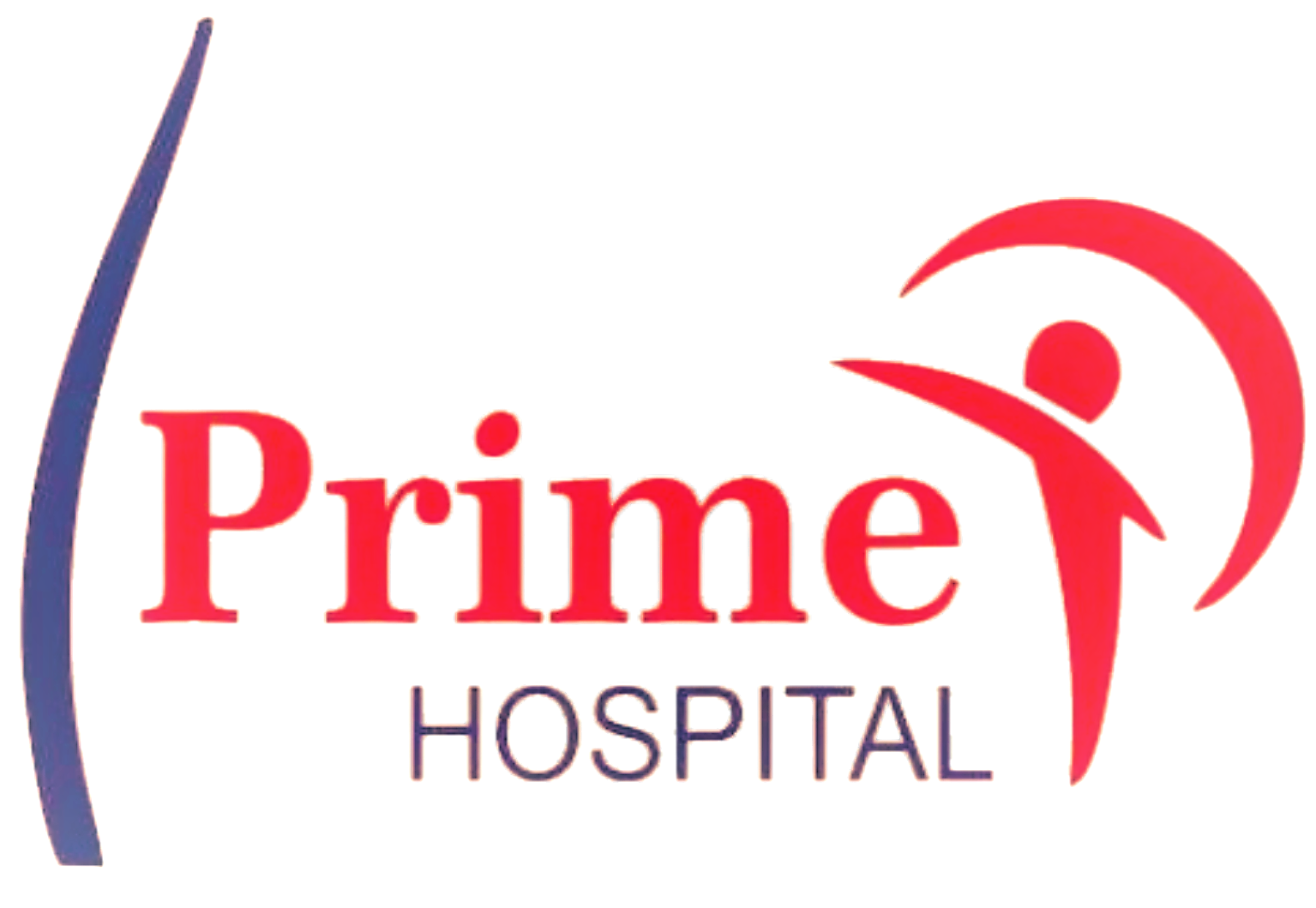Neurological disorders can significantly impact an individual’s quality of life, affecting the brain, spinal cord, and nerves. While medications and non-invasive therapies often serve as the first line of treatment, surgical intervention plays a vital role in managing certain complex and critical neurological conditions. At Prime Hospital, we combine advanced surgical techniques with state-of-the-art technology to provide comprehensive neurological care. This blog explores the essential role of surgery in treating neurological disorders, the types of surgeries performed, and how Prime Hospital excels in delivering the best neurological care.
Understanding Neurological Disorders
Neurological disorders encompass a wide range of conditions, from brain tumors and epilepsy to degenerative diseases like Parkinson’s and severe spinal cord injuries. Some common symptoms of neurological disorders include:
- Chronic headaches
- Seizures
- Weakness or numbness in limbs
- Loss of coordination or balance
- Cognitive and memory impairments
While non-surgical treatments like medications, physical therapy, and lifestyle changes often provide relief, some conditions demand surgical solutions to restore functionality or alleviate symptoms.
When is Surgery Necessary in Neurology?
Surgery becomes essential in neurology when:
- Tumors or Abnormal Growths: Brain and spinal tumors often require surgical removal to relieve pressure on surrounding tissues and to prevent further complications.
- Severe Spinal Issues: Conditions like herniated discs, spinal stenosis, or spinal cord injuries may need surgical intervention for structural correction.
- Uncontrolled Epilepsy: In cases where medications fail to control seizures, epilepsy surgery can significantly improve the patient’s quality of life.
- Trauma: Severe head injuries or spinal fractures often necessitate emergency surgery.
- Blood Vessel Disorders: Conditions like aneurysms or arteriovenous malformations (AVMs) require surgical correction to prevent life-threatening complications.
Types of Neurological Surgeries
1. Brain Surgery (Craniotomy)
A craniotomy involves opening the skull to access the brain. This procedure is commonly performed to:
- Remove brain tumors
- Repair aneurysms
- Treat traumatic brain injuries
At Prime Hospital, minimally invasive techniques are often employed to ensure faster recovery and reduced risks.

2. Spinal Surgery
Spinal surgeries aim to alleviate pain, restore mobility, or correct structural issues. Common procedures include:
- Laminectomy: Removal of a portion of the vertebra to relieve spinal cord compression.
- Discectomy: Surgical removal of a herniated disc pressing on spinal nerves.
- Spinal Fusion: Fusing two or more vertebrae to stabilize the spine.
Our neurosurgeons are skilled in advanced techniques such as robotic-assisted spinal surgery, ensuring precision and better outcomes.
3. Epilepsy Surgery
For patients with drug-resistant epilepsy, surgery can provide significant relief. Techniques include:
- Temporal Lobectomy: Removal of a portion of the temporal lobe to prevent seizures.
- Vagus Nerve Stimulation (VNS): Implantation of a device to reduce seizure frequency.
4. Deep Brain Stimulation (DBS)
DBS is a groundbreaking treatment for movement disorders like Parkinson’s disease. Electrodes are implanted in specific areas of the brain to regulate abnormal signals. This minimally invasive procedure has transformed the lives of many patients.
5. Peripheral Nerve Surgery
Surgical intervention on peripheral nerves can address issues like carpal tunnel syndrome, nerve injuries, or tumors.
6. Microneurosurgery
Microneurosurgery involves the use of microscopes and tiny instruments for highly precise procedures. It is especially beneficial for:
- Brain aneurysms
- Skull base tumors
- AVMs
Innovative Techniques in Neurological Surgery
1. Minimally Invasive Surgery
These procedures involve smaller incisions, resulting in reduced blood loss, lower infection risk, and quicker recovery. Techniques include endoscopic and keyhole surgeries.
2. Image-Guided Surgery
Advanced imaging technologies like MRI and CT scans guide surgeons during procedures, ensuring unparalleled accuracy.
3. Robotic-Assisted Surgery
Robotic systems provide enhanced dexterity and precision, particularly in complex spinal and brain surgeries.
The Surgical Process at Prime Hospital
Step 1: Comprehensive Diagnosis
At Prime Hospital, every neurological case begins with an accurate diagnosis. Our advanced diagnostic tools, including MRI, CT scans, and PET scans, help pinpoint the exact nature of the condition.
Step 2: Customized Treatment Plan
Our multidisciplinary team of neurologists, neurosurgeons, and rehabilitation specialists collaborates to design a personalized treatment plan, ensuring the best possible outcomes.
Step 3: Skilled Surgical Intervention
With a team of highly experienced neurosurgeons and cutting-edge facilities, Prime Hospital ensures precision and safety during every surgical procedure.
Step 4: Post-Surgery Rehabilitation
Recovery doesn’t end in the operating room. Our dedicated rehabilitation team provides physical therapy, counseling, and other support services to ensure a smooth recovery.
Why Choose Prime Hospital for Neurological Surgery?
1. Expertise in Neurosurgery
Our team includes some of the most skilled neurosurgeons who specialize in treating complex neurological conditions.
2. Advanced Infrastructure
Prime Hospital is equipped with the latest surgical tools, including robotic systems, intraoperative imaging, and neuro-navigation technologies.
3. Patient-Centric Care
We prioritize the comfort and well-being of our patients at every stage, from diagnosis to rehabilitation.
4. Multidisciplinary Approach
Our integrated team of specialists ensures a comprehensive approach to treatment, covering all aspects of neurological care.
Success Stories at Prime Hospital
At Prime Hospital, we’ve witnessed numerous success stories of patients who regained their independence and quality of life following neurological surgeries. From complex brain tumor removals to life-changing spinal corrections, our expertise speaks for itself.
Conclusion
The role of surgery in neurological treatment is undeniable, offering hope to countless patients dealing with complex conditions. At Prime Hospital, we are committed to delivering cutting-edge neurological care that combines expertise, innovation, and compassion.
If you or your loved ones are facing a neurological condition requiring expert attention, trust Prime Hospital to provide world-class surgical care. Contact us today to schedule a consultation and take the first step toward a healthier future.
